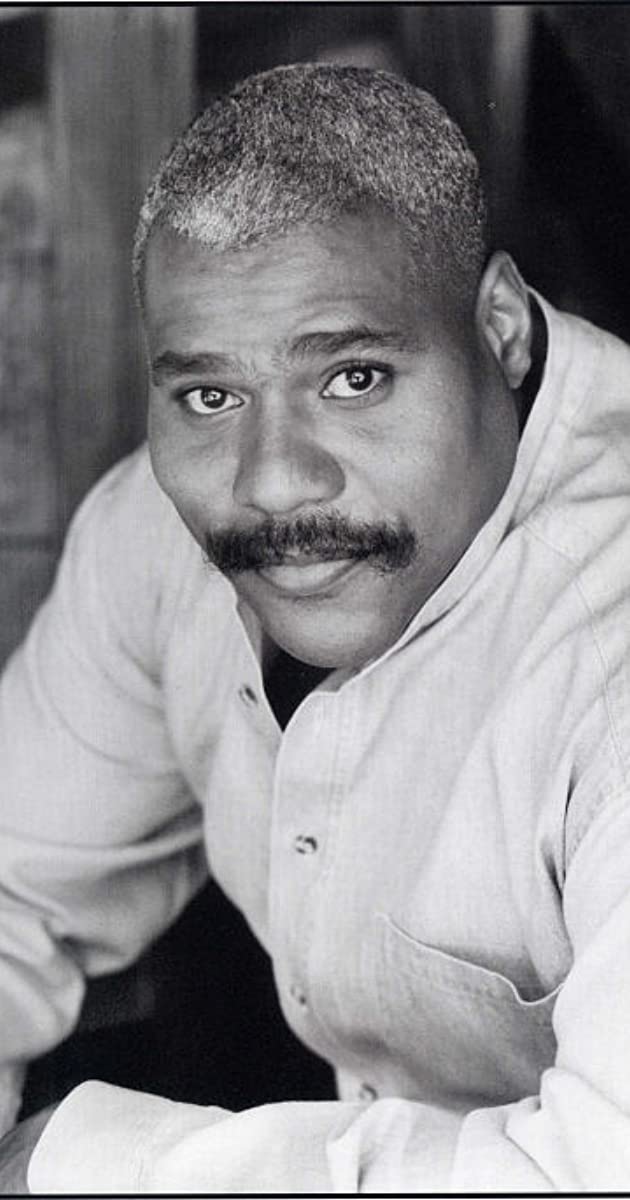
Margot Kidder was born Margaret Ruth Kidder in Yellowknife, Northwest Territories, Canada, to Jocelyn Mary “Jill” (Wilson), a history teacher from British Columbia, and Kendall Kidder, a New Mexico-born mining engineer and explosives expert. Margot was a delightful child who took pride in everything she did. At an early age, she became aware of the great emotions she felt towards expressing herself, and caught the acting bug. As a child, she wrote in a diary that she wanted to become a movie star, and that one day it would happen, but she had to overcome something else first. She was aware that she was constantly facing mood swings, but didn’t know why. At odd times, she would try to kill herself – the first time was at age 14 – but the next day she would be just fine. Her father’s hectic schedule and moving around so much didn’t help matters, either, causing her to attend 11 schools in 12 years. Finally, in an attempt to help Margot with her troubles, her parents sent” her to a boarding school, where she took part in school plays, such as Romeo and Juliet”, in which she played the lead.
After graduation, Margot moved to Los Angeles to start a film career. She found herself dealing with a lot of prejudice, and hotheads, but later found solace with a Canadian agent. This was when she got her first acting job, in the Norman Jewison film Chicago, Chicago (1969). This led to another starring role in Quackser Fortune Has a Cousin in the Bronx (1970), in which she co-starred with Gene Wilder. After some harsh words from the film’s director, Margot temporarily left films to study acting in New York, doing television work to pay her bills, but when the money ran out, she decided it was time to make a second try at acting. When she arrived in Hollywood she met up at a screen test with actress Jennifer Salt, resulting in a friendship that still stands strong today. Margot and Jennifer moved into a lofty beach house and befriended other, then unknown, struggling filmmakers such as Martin Scorsese, Brian De Palma, Steven Spielberg and Susan Sarandon, among others. Late nights would see the hot, happening youngsters up until all hours talking around a fire about how they were all going to change the film industry. It was crazy living and within the Christmas season, Margot had become involved with De Palma, and as a Christmas present he gave her the script to his upcoming film Sisters (1972). Margot and Salt both had the leads in the film, and it was a huge critical success.
The film made branded Margot as a major talent, and in the following years she starred in a string of critically acclaimed pictures, such as Black Christmas (1974), The Great Waldo Pepper (1975), 92 in the Shade (1975) – directed by Thomas McGuane, who was also her husband for a brief period – and a somewhat prophetic tale of self-resurrection, The Reincarnation of Peter Proud (1975).
After three years of being a housewife, looking after her daughter Maggie and not working, Margot decided it was time to let her emotions take control and get back into acting. Once her marriage to McGuane was over, she eyed a script that would change her life forever. Her new agent referred her to a little-known director named Richard Donner. He was going to be directing a film called Superman (1978), and she auditioned for and secured the leading female role of Lois Lane. That film and Superman II (1980) filmed simultaneously. After the success of “Superman” she took on more intense roles, such as The Amityville Horror (1979) and Willie & Phil (1980). After that, Margot starred in numerous films, television and theater work throughout the 1980s, including Superman IV: The Quest for Peace (1987). When the 1990s erupted with the Gulf War, Margot found herself becoming involved in politics. She made a stir in the biz when she spoke out against the military for their actions in Kuwait. She also appeared in a cameo in Donner’s Maverick (1994).
In 1996, as she was preparing to write her autobiography, she began to become more and more paranoid. When her computer became infected with a virus, this gave her paranoia full rein, and she sank into bipolar disorder. She panicked, and the resulting psychological problems she created for herself resulted in her fantasizing that her first husband was going to kill her, so she left her home and faked her death, physically altering her appearance in the process. After an intervention took place, she got back on her feet and started the mental wellness campaign. Since then, she resumed her career in film, television, and theatre, including appearing in a Canadian stage production of “The Vagina Monologues”, and in films like The Clown at Midnight (1998).
Margot died on May 13, 2018, in Livingston, Montana.


